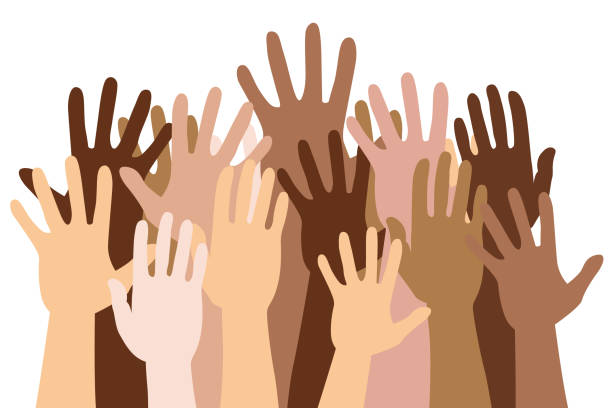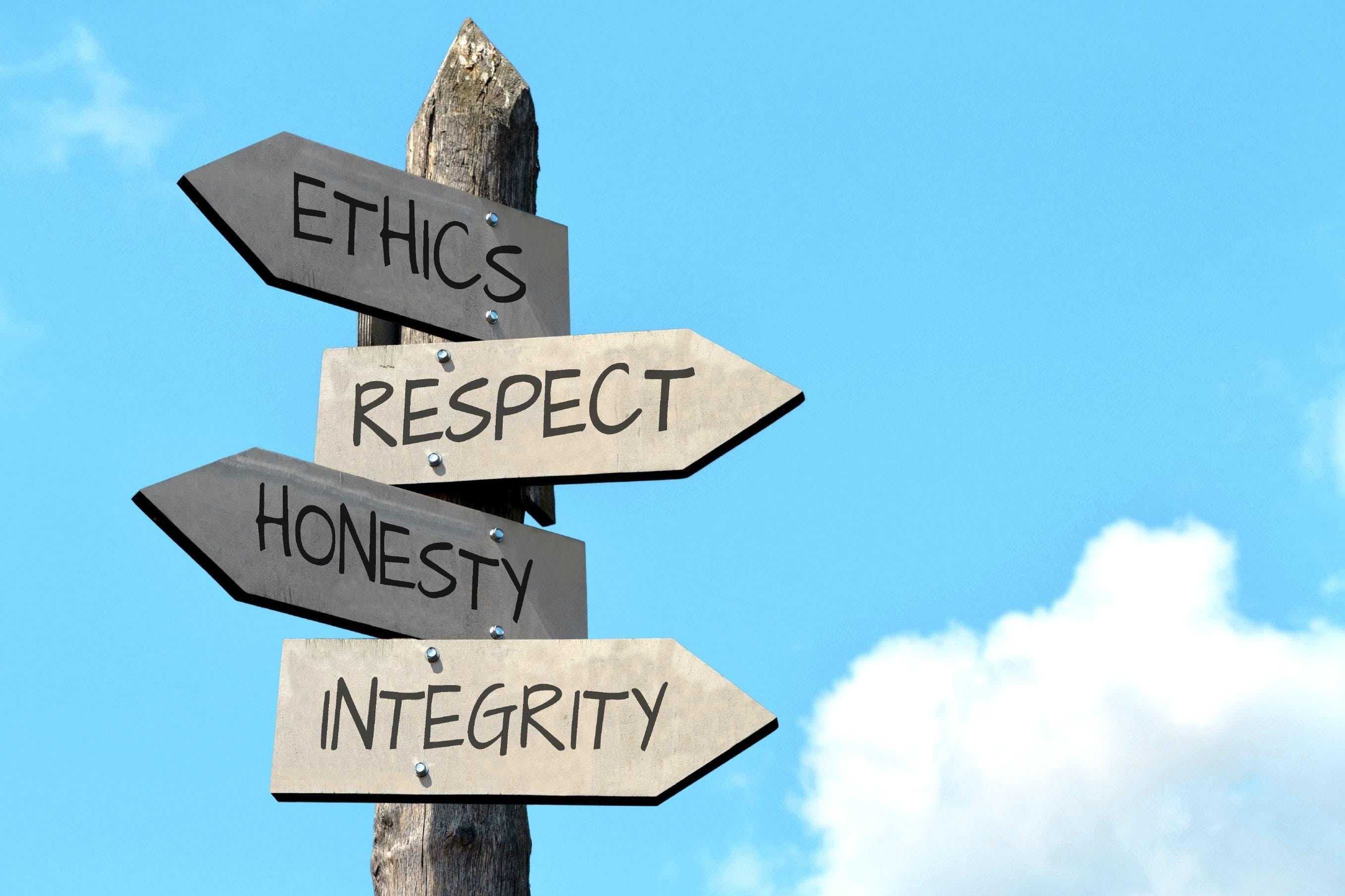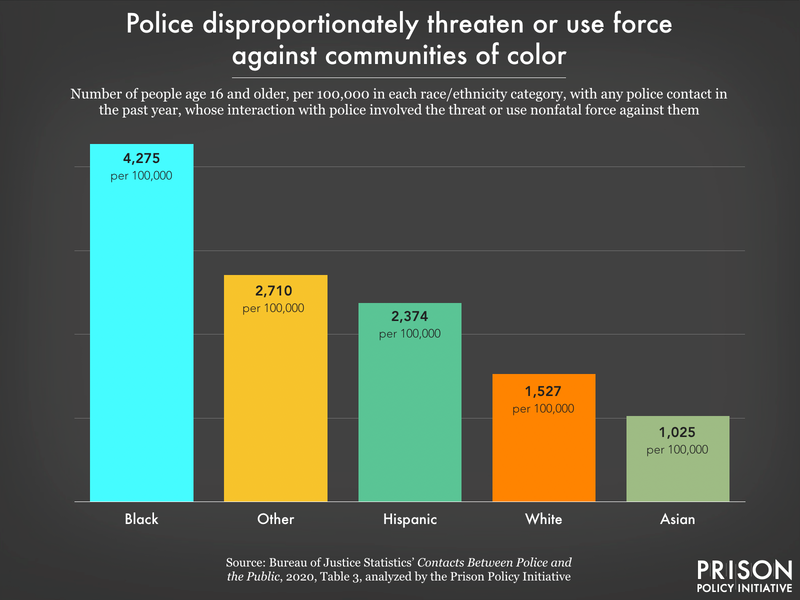

Racial profiling, or the practice of targeting individuals based on race or ethnicity, has profound social ramifications. It engenders feelings of fear, mistrust, and alienation within affected communities, exacerbating tensions between law enforcement and marginalized groups. These experiences can lead to psychological distress and a sense of injustice among those subjected to profiling. Moreover, racial profiling perpetuates systemic inequalities by reinforcing negative stereotypes and hindering opportunities for socioeconomic advancement.
The legality and ethics of racial profiling are subjects of intense debate and scrutiny. While proponents argue that profiling is a necessary tool for law enforcement to combat crime, critics contend that it violates constitutional rights and perpetuates discrimination. The use of race as a basis for suspicion raises significant moral questions about fairness and justice in society. Furthermore, legal challenges to profiling practices highlight the need for greater accountability and oversight to ensure that civil liberties are upheld.
Racial profiling is pervasive in policing practices, manifesting in disproportionate stops, searches, and arrests of minority individuals. These patterns often reflect implicit biases among law enforcement officers, leading to discriminatory treatment based on race or ethnicity. Such practices erode trust in law enforcement and undermine community relations, making it difficult to foster cooperation and collaboration in crime prevention efforts. Addressing these disparities requires systemic reforms and cultural sensitivity training within law enforcement agencies.

Racial profiling is a contentious issue in national security and counterterrorism efforts, where it is sometimes used as a means to identify potential threats. However, relying on race or ethnicity as indicators of suspicious behavior can lead to unjust targeting of innocent individuals and communities. Moreover, profiling based on stereotypes can obscure genuine security risks and divert resources away from more effective investigative methods. Balancing security concerns with civil liberties requires nuanced approaches that prioritize intelligence-driven strategies over blanket profiling tactics. Perceptions of Black individuals as being more likely to engage in criminal or terrorist activities are often influenced by stereotypes and biases, perpetuating racial profiling and systemic discrimination. Nonetheless, in the chart provided below, it is evident that whites exhibit the highest rates of terrorism.
Addressing racial profiling requires multifaceted solutions that address systemic issues and promote equity and justice. First, implementing comprehensive training programs for law enforcement personnel to raise awareness about implicit biases and cultural sensitivity can help reduce discriminatory practices. Second, establishing clear policies and accountability mechanisms within law enforcement agencies to ensure fair and equitable treatment of all individuals, regardless of race or ethnicity, is essential. Finally, fostering community engagement and dialogue between law enforcement and marginalized communities can promote trust, cooperation, and mutual understanding, contributing to a more inclusive and equitable society.
Laurencin, Cato T. and Joanne M Walker. “Racial Profiling is a Public Health and Health Disparities Issue. Journal of Racial and Ethnic Health Disparities, U.S. National Library of Medicine, June 2020, www.ncbi.nlm.nih.gov/pmc/articles/PMC7231642/.
Delsol, R. (2015). Racial profiling. Racial profiling . https://www.crimeandjustice.org.uk/publications/cjm/article/racial-profiling
End Racial Profiling Act. (n.d.). Human Rights Campaign. https://www.hrc.org/resources/end-racial-religious-profiling-act
Yan, Holly. “This Is Why Everyday Racial Profiling Is so Dangerous.” CNN, 11 May 2018, www.cnn.com/2018/05/11/us/everyday-racial-profiling-consequences-trnd/index.html.
